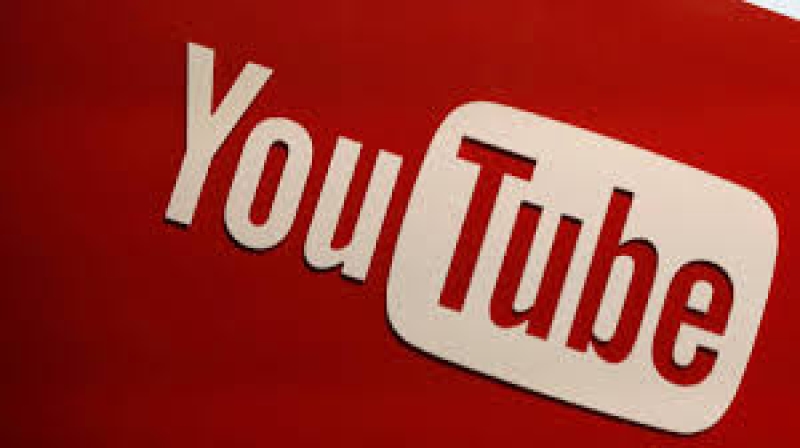- Puppet show enchants Children as Boi Mela comes alive on day 2 |
- DSCC Admin Salam’s drive to make South Dhaka a ‘clean city’ |
- 274 Taliban Dead, 55 Pakistan Troops Killed |
- Now 'open war' with Afghanistan after latest strikes |
- Dhaka's air quality fourth worst in world on Friday morning |
YouTube to shut down trending page on July 21

YouTube has announced it will shut down its Trending Page on July 21, nearly 10 years after its launch in 2015, citing a significant drop in user engagement.
In a blog post on the YouTube Help page, the company revealed that visits to the Trending Page have decreased sharply over the past five years as users increasingly discover popular content through other features like recommendations, search suggestions, Shorts, comments, and Communities.
“YouTube's Trending Page Help Center has revealed that the Trending Page will be shut down on July 21,” the company stated.
Going forward, YouTube will highlight trending content through YouTube Charts. While currently limited to music, users can explore Trending Music Videos, Weekly Top Podcast Shows, and Trending Movie Trailers. More content categories will be added over time. Gaming videos will continue to appear on the Gaming Explore page.
Is Outlook down? Thousands of users report issues accessing their email
In addition to Charts, YouTube said it will offer personalised video recommendations, allowing a “wider range of popular content” to be shown to users based on individual preferences. Non-personalised trending content will still be available via the Explore Page, creator channels, and subscription feeds.
Content creators have long used the Trending Page to promote videos and monitor viral trends. For them, YouTube said the Inspiration tab in YouTube Studio will continue to offer personalised content ideas.
The platform also announced an update to its monetisation policy, aimed at curbing inauthentic, mass-produced content. The new rules take effect on July 15, reports UNB.

